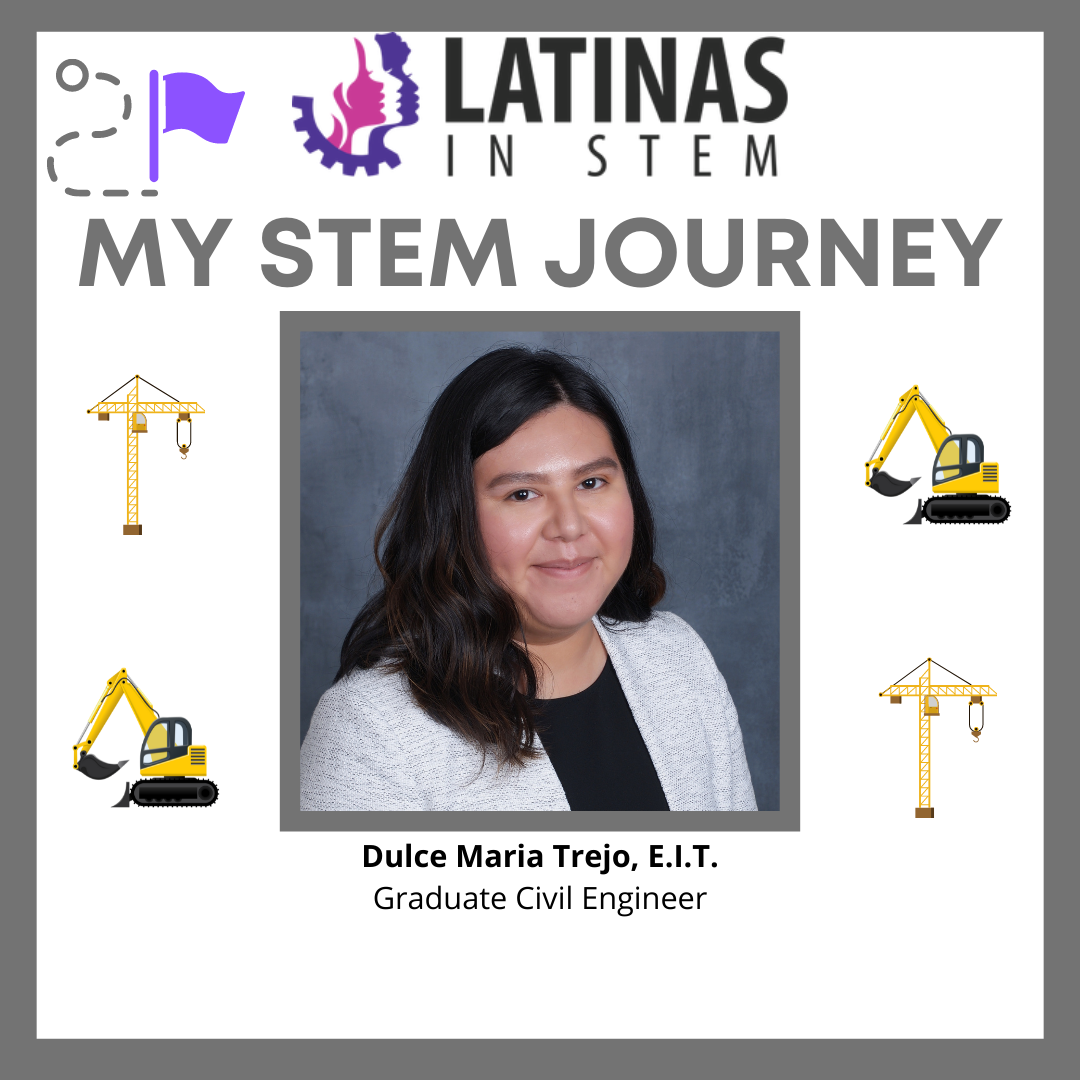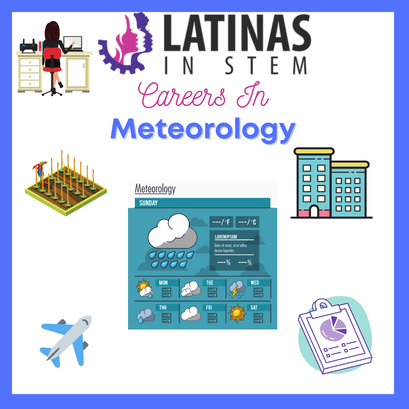One of my earliest memories with plants and the environment is rooted in my elementary school’s science club. In fifth grade, I had the opportunity to work on our school’s first garden. Growing up in suburban Miami, I had never gotten my hands in the soil so intensely, and that feeling, as well as the smell of mulch, will forever be in my core memories. That experience was so pivotal in my personal and professional development that I have now started my own environmental education business, Teachings by Tatiana, to continue this work and reach learners of all ages and interest levels in my community.
I wouldn’t say my path into this work was traditional. My entire family has careers in either the medical or financial field, so I was the odd one out. From a young age, I was always in awe of how the natural world works. My favorite books to read were children’s biology encyclopedias. I’d spend every weekend at the local park or beach staring up into the sky or digging in the sand, warmed by the rays from the Sun. I would also watch Bill Nye or David Attenborough on TV all the time and loved how they made science so fun and interesting. It wasn’t until I was older that I realized I never saw anyone who looked or sounded like me doing that kind of work, and I wanted to pave my own way in science education.
In high school, I learned the terms “botany” and “environmental science”. It was then I had the epiphany that those two topics were what I wanted to dedicate my life to teaching others about. I loved being outside and discovering why plants grow and what they can be used for, so I looked for higher education programs that could teach me about science and how to interpret natural phenomena. I completed my bachelor’s degree in Environmental Studies and then went on to pursue a master’s degree in Museum Studies. Both of those fields provided me with a perspective on how people interact with and learn about science in a way that is so unique. It has informed my own teaching philosophy which is inquiry-based, object-based, and culturally aware.
My first full-time job was as an Education Program Assistant and then I moved up to a Education Specialist within a few years. Typically, to get a start in environmental, or outdoor education, you can work part-time while you’re in school! I completed a couple of internships as an undergraduate student, which gave me some spending money as a student, but also great experience to take with me after I graduated and looked for jobs. As you progress, a bachelor’s degree becomes a minimum requirement for full-time or coordinator roles. While the barrier to entry can be fairly low, the pay can vary. Entry level positions may be lower around $30,000 and supervisory roles like an Education Director could be $90,000 or higher with more education and experience under your belt. Many of these jobs lie within the nonprofit space, and while they are extremely rewarding, it is important to be realistic and be aware that these salaries aren’t as competitive as other fields. However, this work is important, and as more people, especially Latinas, start to talk about their compensation and advocate for themselves, the needles can change! Most importantly, my guiding light in this work is knowing that regardless of the advances humans make over time, we are always going to be dependent on natural resources to eat, breathe, and take care of ourselves. At times, humans need to reconnect to the ancestral knowledge that may have been lost.
My passion has manifested in one of my largest professional accomplishments to date. I founded my own business, dedicated to bringing learners in touch with nature. Through my time working with other institutions, I noticed the shortcomings in the field. Barriers still very much exist for those who cannot afford to travel to or pay the entry fee to ticketed outdoor recreation areas. Even in my multicultural city of Miami, some places do not offer a robust Spanish language nature curriculum. My focus with my business is to reach Spanish-speaking populations with care to connect to the traditions, customs, and culture of Latin American countries.
One of the biggest misconceptions about what I do is that I just talk about plants and nature with others. While that is the core of what I do, I truly consider the classes and curriculum that I curate to be experiences for others to embrace their curiosity, find bonds within their community, and reconnect to our innate wisdom of the Earth we have grown so disconnected to. I break down complex scientific concepts into hands-on activities or experiments that learners can take with them into their everyday life. I love the ah-ha moment learners have when they understand how they use plants in their everyday life or gain confidence in interacting with nature outside.
My journey as a Latina in STEM is still in its early stages, but I have learned a lot along the way. If you want to learn about environmental, outdoor, or science education, there are so many ways to get knowledge, not only through formal education. Mother Nature was my first teacher, and I learned a lot just by making observations, looking up information, and taking notes. Read as much as you can! Visit museums and parks! Buy a pair of binoculars or get a magnifying glass! Feeding your curiosity is an important first step. Organizations like Latino Outdoors, the National Park Service, or your local botanic garden offer many events to learn about nature in your area. If you pursue higher education, there are specific programs in environmental education, recreation, or you can even focus on a specific field of science and take some education classes too.
I’ll end with a message to Latinas that are looking to pursue a STEM degree: if you’re interested in STEM, you should definitely go for it! More of us are showing in such diverse and change-making spaces. While it may be hard to be the only woman or person with Latin heritage, we are resilient and deserving of showing up for ourselves and our community.








 RSS Feed
RSS Feed

